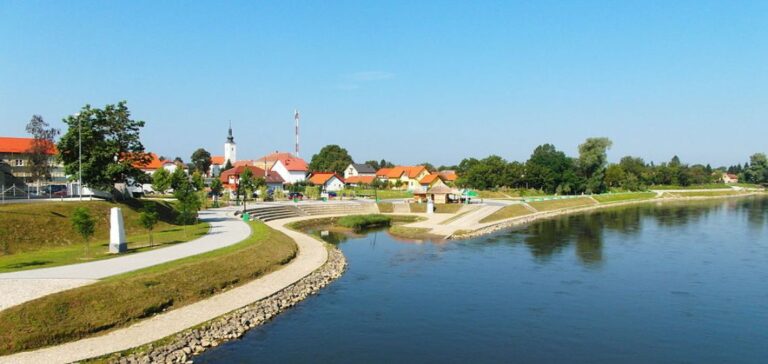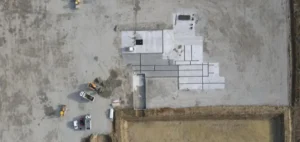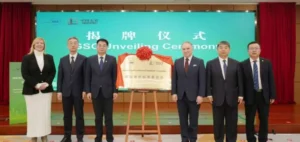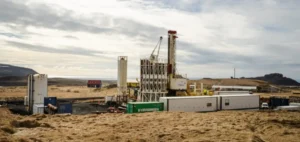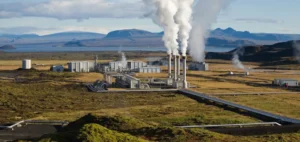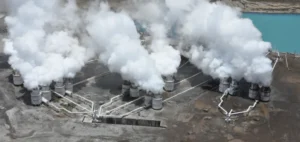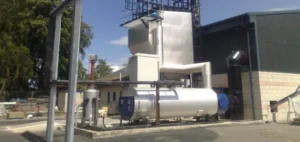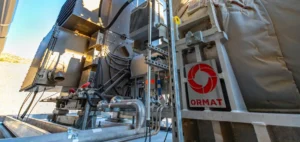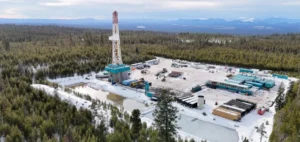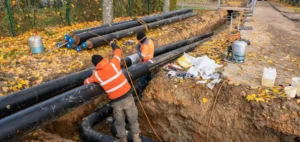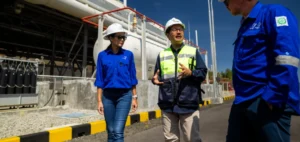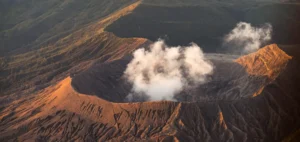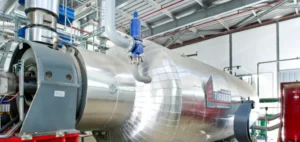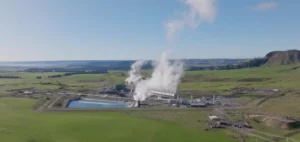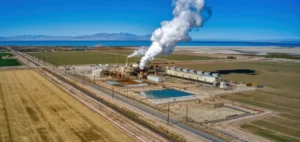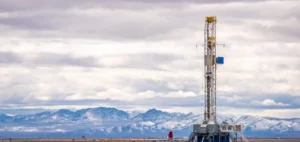INA – Industrija nafte d.d., a leading Croatian oil and gas company, is currently carrying out seismic surveys at several sites in northern Croatia.
These operations focus on mapping potential reservoirs of geothermal and hydrocarbon resources.
The surveys are taking place in agricultural and forested areas, including Mursko Središće, Gornji Mihaljevec, Selnica, Štrigova, Sveti Juraj na Bregu, Sveti Martin na Muri and Vratišinec.
The main objective is to assess the potential of the “Međimurje 5” prospect, an exploration license won by INA in 2023.
The seismic surveys, carried out by Geofizyka Torun under INA’s technical supervision, take place 12 hours a day, every day, from late August to late October.
These surveys enable precise mapping of underground geological structures to determine the feasibility of exploiting the resources identified.
The results will influence future decisions concerning investment and the development of energy infrastructure in Croatia.
Strategic investments in renewable energies
As part of its diversification strategy, INA is seeking to optimize its energy portfolio by investing in renewable sources such as geothermal energy.
This approach aims to reduce the risks associated with the volatility of international energy markets, while exploring new avenues for growth.
At the same time, seismic surveys include the search for hydrocarbon deposits, offering additional flexibility to adapt its activities to market conditions.
INA’s operations in northern Croatia follow similar studies in the Đurđevac region of Lešćan, where seismic surveys were conducted last year.
These projects show a clear orientation towards proactive management of energy resources, meeting the challenges of security of supply and energy efficiency.
Economic and regional outlook
The development of geothermal resources in the Međimurje region could stimulate the local economy by creating jobs and improving infrastructure.
The exploitation of these resources, if deemed viable, would attract capital and strengthen the region’s energy autonomy.
For operators in the sector, these projects open up market opportunities, particularly for technology and service providers specializing in geothermal exploration.
Cooperation with local and national authorities will be essential for the development of these projects, ensuring their alignment with current regulations and local needs.
This synergy could also encourage the formation of public-private partnerships, conducive to attracting more investment and maximizing economic spin-offs.
Impact on the European energy market
INA’s activities in Croatia could serve as a model for other companies in the Central and Eastern European region seeking to diversify their energy supplies.
The success of these explorations could encourage further investment in geothermal resources, thereby influencing the energy strategies of neighboring countries.
For industry professionals, the results of these studies will provide crucial data for assessing future opportunities for expansion or cooperation.
By diversifying its portfolio, INA is positioning itself to respond to changes in the energy market, while increasing its resilience in the face of economic and geopolitical uncertainties.
Geothermal energy represents a strategic avenue for reinforcing the stability of its energy supply and its competitiveness on the European market.


